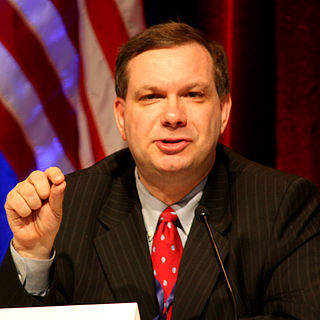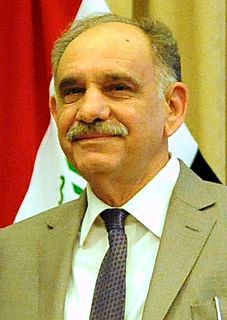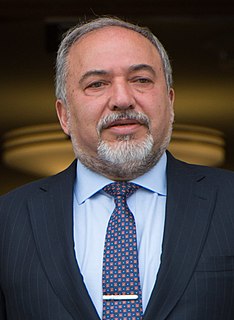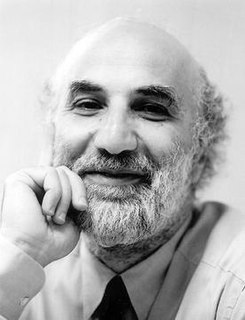A Quote by Richard Grenell
One sure way to ruin American credibility in the Arab world is to sit silently in Damascus and look like you're part of the Assad show.
Related Quotes
All dignified people in the world, whether Arabs or Muslims or others with dignity, are very proud of the speech made by president Bashar al-Assad a few days ago here in Damascus. For me he is the last Arab ruler, and Syria is the last Arab country. It is the fortress of the remaining dignity of the Arabs, and that's why I'm proud to be here.
Jordan is many different things and there's many different parts of it. We don't ever really get to see a modern Arab city, a part of the Arab world where people are seemingly living their lives like everywhere else and also just a part of the Arab world that's surprisingly Americanized, with fast-food joints everywhere and shopping malls. Over the 30 years I've been traveling there, I really saw it grow and become modernized and much more Americanized in a way that surprised me as an Arab-American.
Mr. Assad is not going to be able to feel like there is a moderate opposition that actually threatens him. Currently, the Assad government looks out at the landscape, sees the rise of ISIS, sees that much of the rebel force has become largely Islamist, and then turns to the West and says, well, you know, they look toward the West and say, well, look, what you have is a terrorist group that's fighting against us. So in this context, I think, to talk about moderate opposition being created to put pressure on Damascus is rather illusionary.
In many parts of the world, including the Arab world, the Latin American world, and even parts of the Western world, there is a tradition of writers being quite engaged. Particularly in the Arab world you have had very, very strong traditions of literature and poetry and most of the writers have been deeply committed to the cause of the Arab nation.
When you’re telling a story, you’re trying to connect to people in a particular way … The way in which you guys have inhabited this world, this universe, has made you part of it, part of the story. You are living in Firefly. When I see you guys, I don’t think the show is off the air. I don’t think there’s a show; I think that’s what the world is like. … The story is our lives.
I'm from a Lebanese-American family. And I've been had lot of contacts and - with Arab-American community, especially Arab-American filmmakers and actors and so forth. It's a community that, a minority that really hasn't been heard from enough. And so many of the stories that are told about Arab-Americans these days are just negative portrayals in the news, but also in television and film. So we're - we set out to try and offset some of those stereotypes.
After school, I went to Damascus to study law and history, which I didn't really like. I didn't like history, in particular. In Syria, the regime was trying to present to us a distorted version of the past. Assad was shown as the father of history. So I decided to shift to film, which was something I had always loved as a teenager.







































